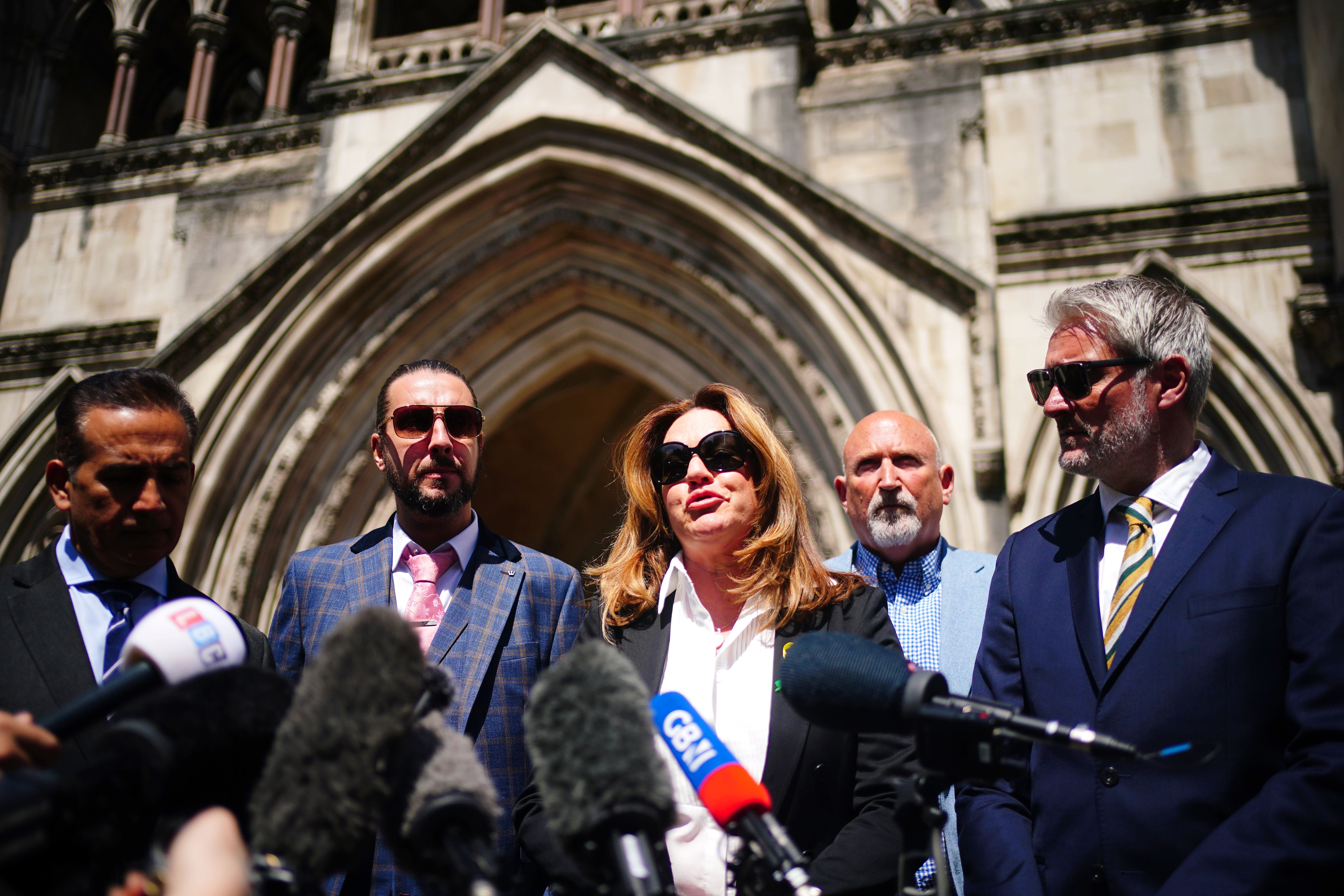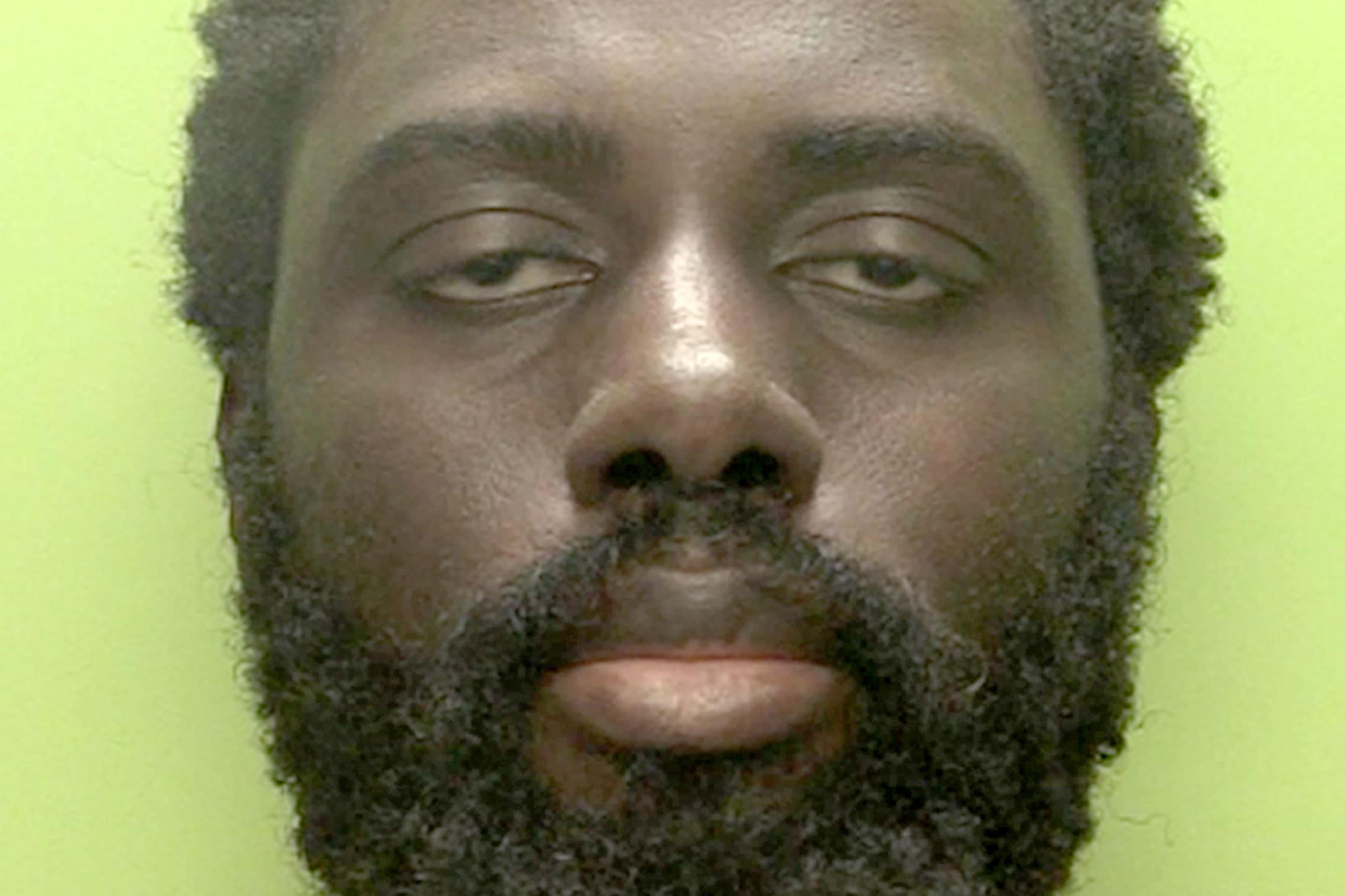BBC doesn’t have consent for documentary on Nottingham killings, say victims’ families
Victim’s mother said the families were not asked to contribute to the documentary
The families of the Nottingham knife attack victims say they are “very disappointed” as a BBC documentary about the tragedy was produced without their consent.
Emma Webber, 51, mother of victim Barnaby Webber who was stabbed to death last year, said she feels “very let down” by the broadcaster after learning the BBC Panorama is set to include interviews with the killer’s family.
Barnaby was killed alongside his university friend Grace O’Malley-Kumar, both 19, and school caretaker Ian Coates, 65, in June last year after Valdo Calocane, 32, launched a horrific knife attack.
Ms Webber says the victim’s families were not offered a chance to contribute to the documentary and have not been allowed to view it before it airs on Monday.
“All three families feel very disappointed and alarmed at the way they have managed this. We feel very let down, very disappointed. We expected better — we deserve better,” Ms Webber told the Mirror.
“The thought of seeing that family — seeing their faces and hearing their voices — brings me unimaginable horror. It’s so alarming and it’s causing so much stress and trauma to people who are already shattered. It’s almost cruel.”

She added: “Any investigative journalism that helps to uncover all of the failings of this horror is welcomed. But the way this has been carried out by the BBC concerns me, because I can’t see how it’s balanced without us being involved or having prior knowledge of the contents.”
Calocane was given a hospital order instead of a prison sentence after being convicted of manslaughter rather than murder due to his paranoid schizophrenia.
The documentary is set to examine whether there were systemic failings within the health services as it is understood Calocane had been assessed as psychotic by mental health services but judged to pose a low risk to others.
Calocane was diagnosed with paranoid schizophrenia in 2020 and was sectioned four times in less than two years.
In the documentary, Elias and Celeste, Calocane’s brother and mother, said the mental health system was “broken” and led to a “tragedy that could have been prevented”.
The BBC said they had provided the victim’s families with an “outline of its editorial focus” and said the documentary is in the public interest.

However, a source told The Telegraph that not knowing the content of the documentary would be a “torment” to the victim’s families and that they demand the “BBC includes a disclaimer in the programme stating that it was made without the families’ knowledge or consent.”
The BBC said: “We have the deepest sympathy for the families, and the Panorama team has been extremely mindful of the sensitivities in handling this programme. They have been in contact with the bereaved families to tell them about the programme and to provide an outline of its editorial focus.
“This investigation, which is very much in the public interest, examines the decline in the mental health of Valdo Calocane and asks whether there were systemic failings and missed opportunities in his interactions with mental health services in in the three years leading up to the terrible events in Nottingham last year.
“The documentary has been produced in accordance with the BBC’s editorial guidelines.”
Subscribe to Independent Premium to bookmark this article
Want to bookmark your favourite articles and stories to read or reference later? Start your Independent Premium subscription today.


Join our commenting forum
Join thought-provoking conversations, follow other Independent readers and see their replies
Comments